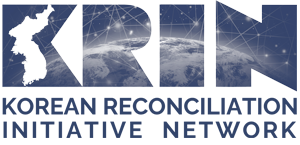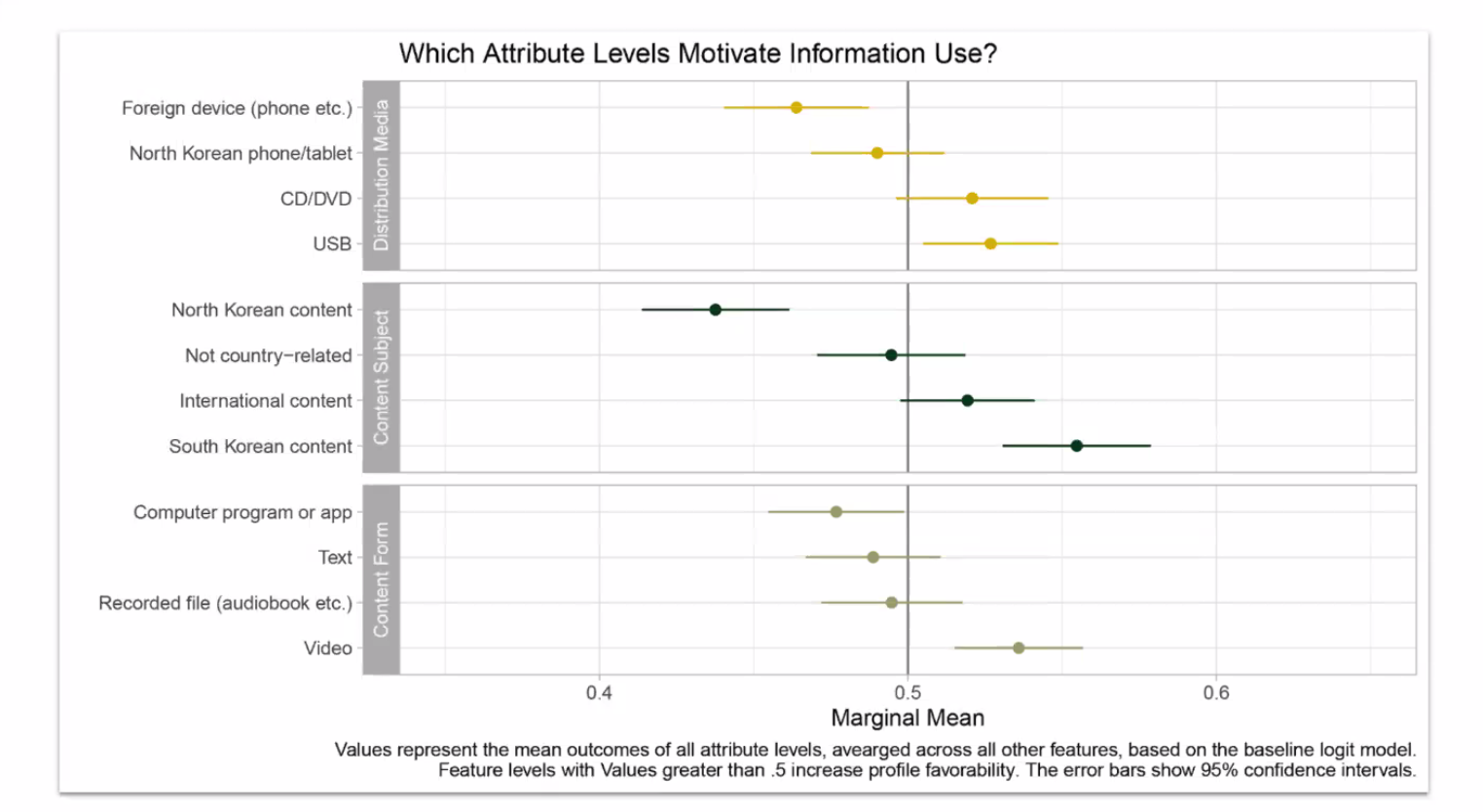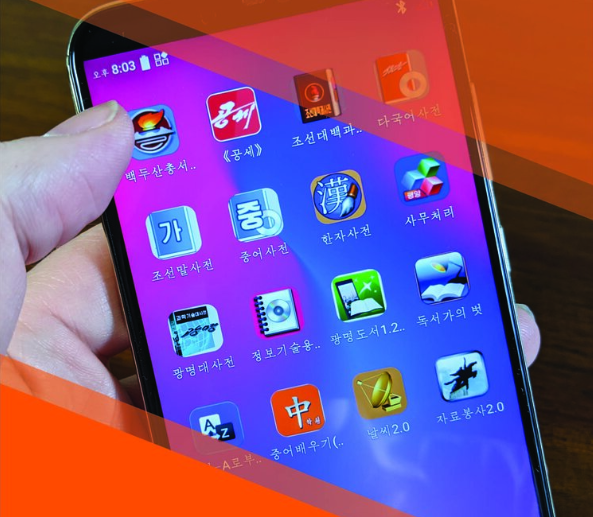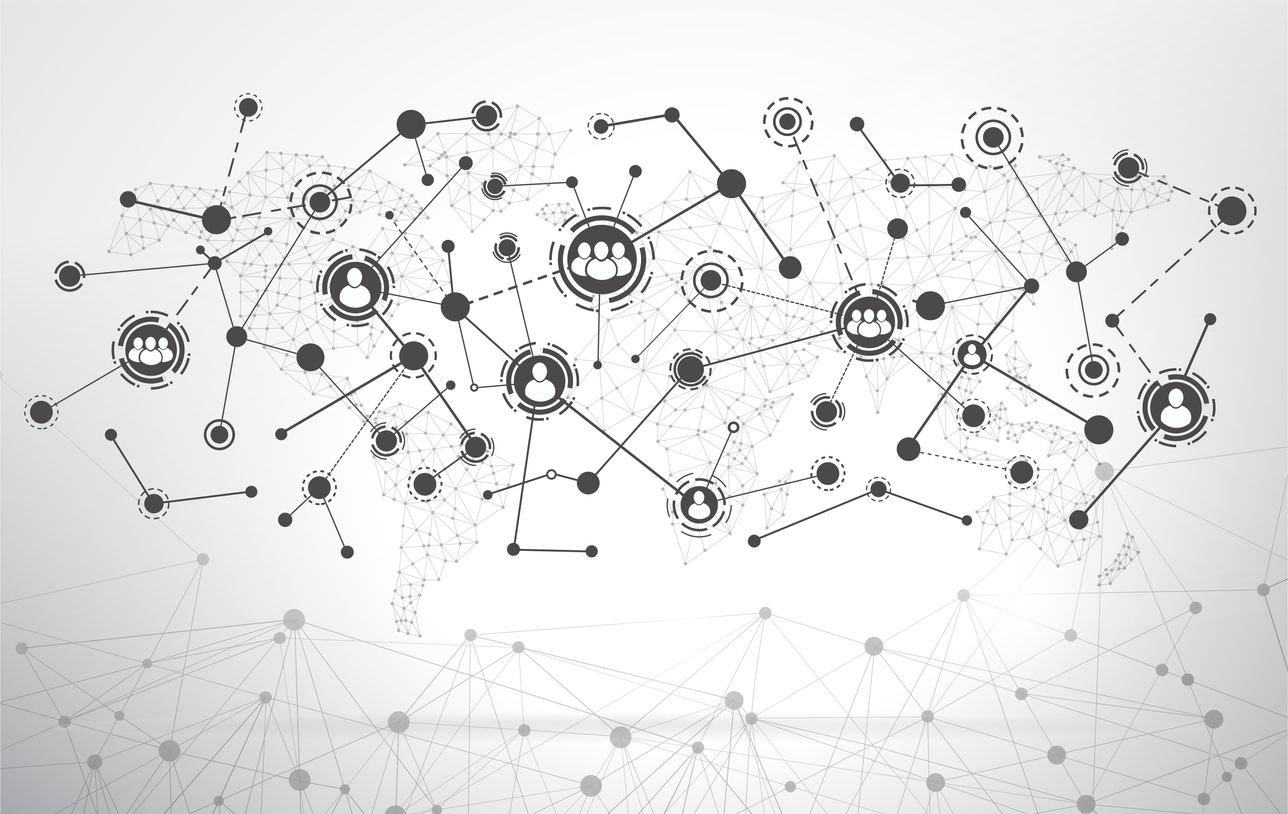The opacity of North Korean society—with outsiders having limited access to the country. North Korean citizens are often only seen as the victims—powerless and disconnected from the rest of the world. Because of this perception, decades of international efforts to engage and access the restrictive state have neglected to consider its people as a key partner in effecting change inside North Korea.
However, evidence over the past two decades has shown that the North Korean people have survived poverty and repression by becoming more independent from the regime, claiming greater agency over their own lives. Recognizing the people are an integral part of the solution to security, human rights and humanitarian challenges in North Korea, the international community needs to do more than just stand on the side of North Korean citizens; it needs to empower them so that that they can play a key role in holding the regime accountable.




